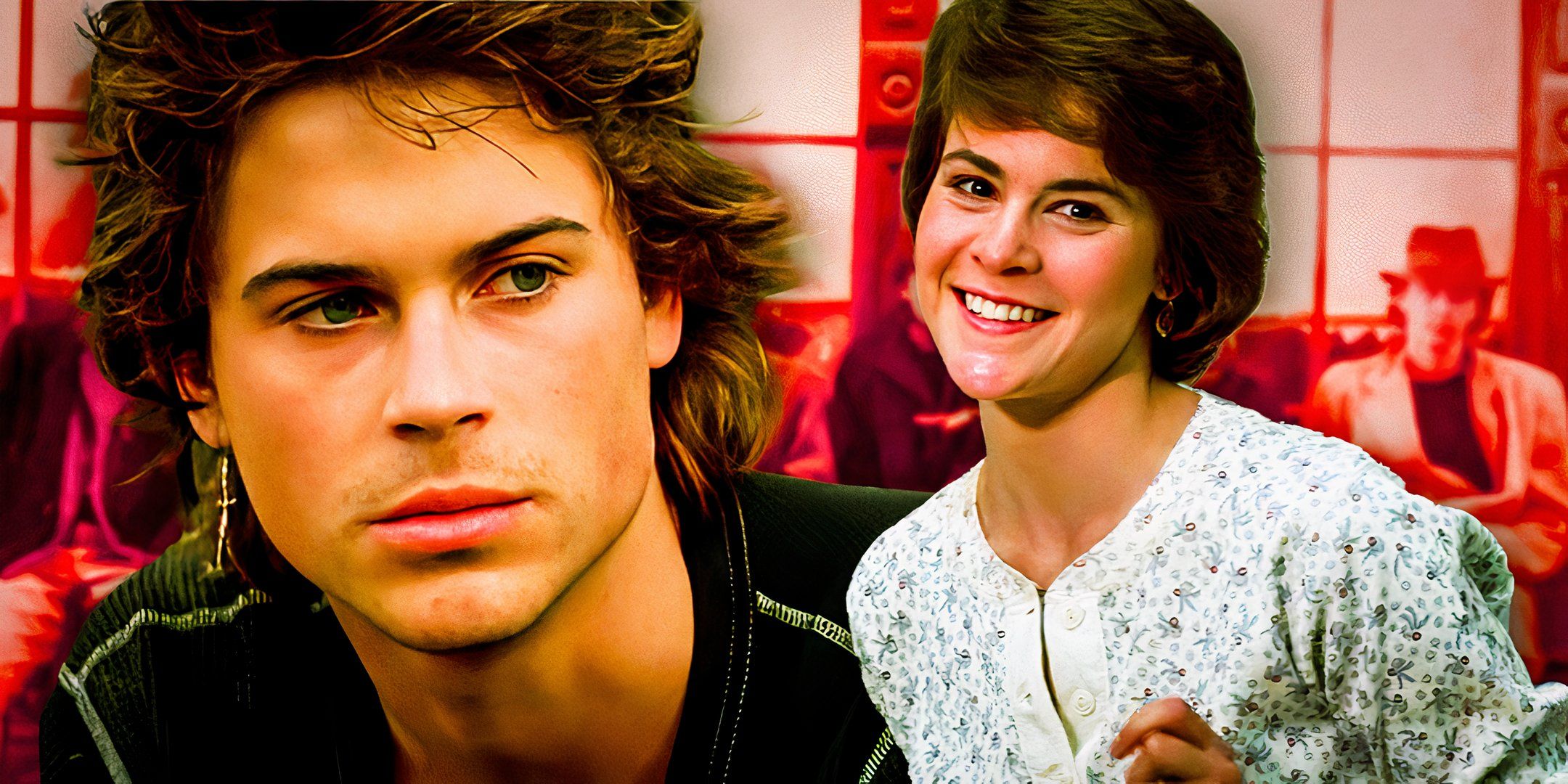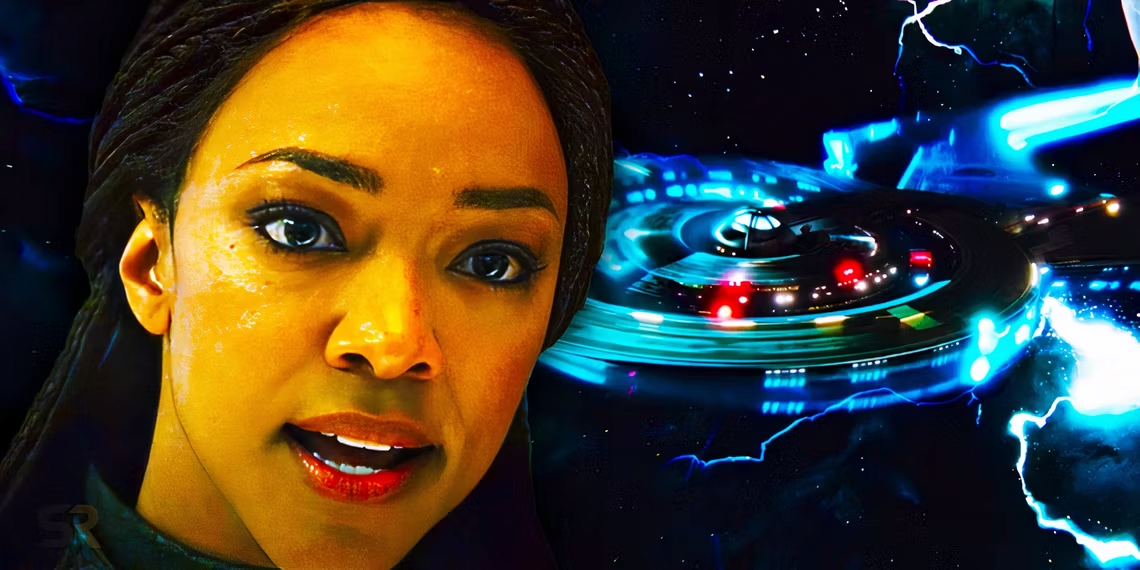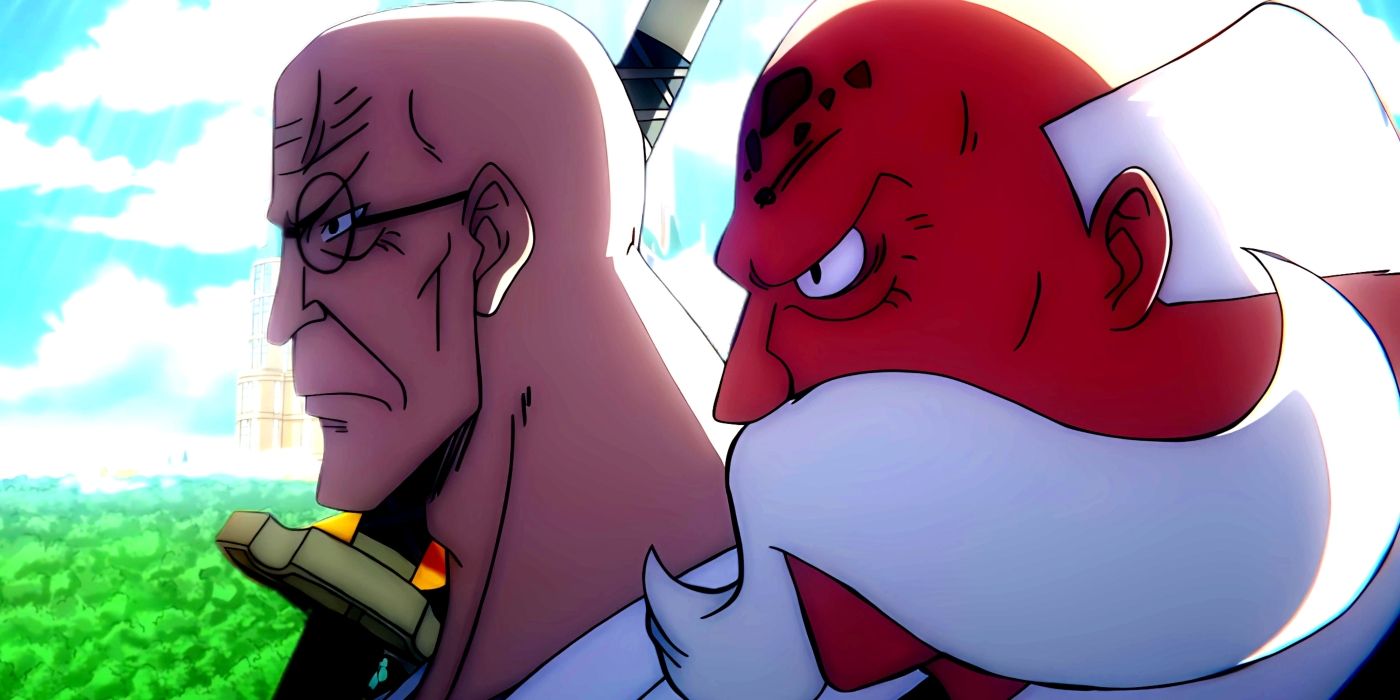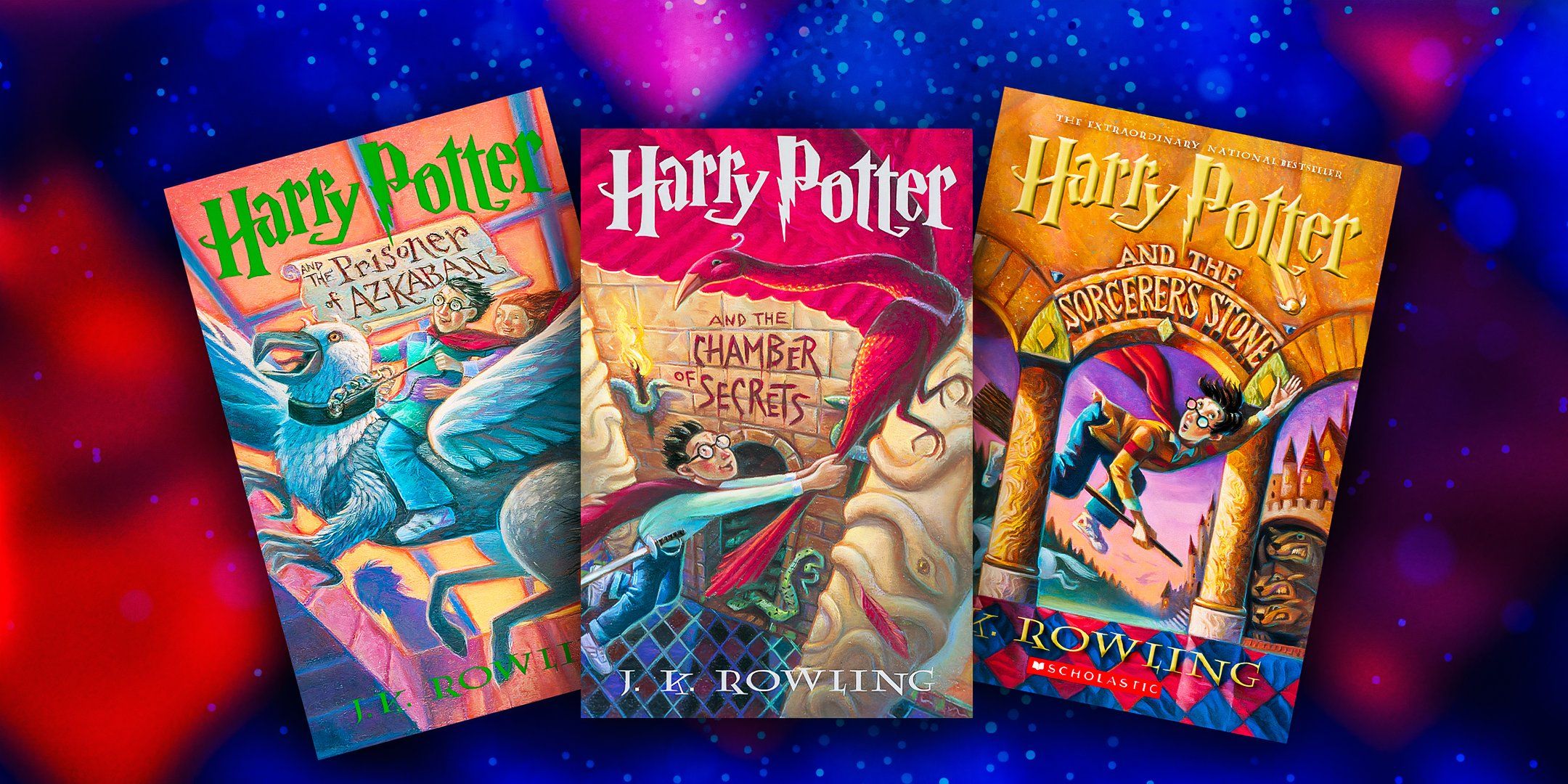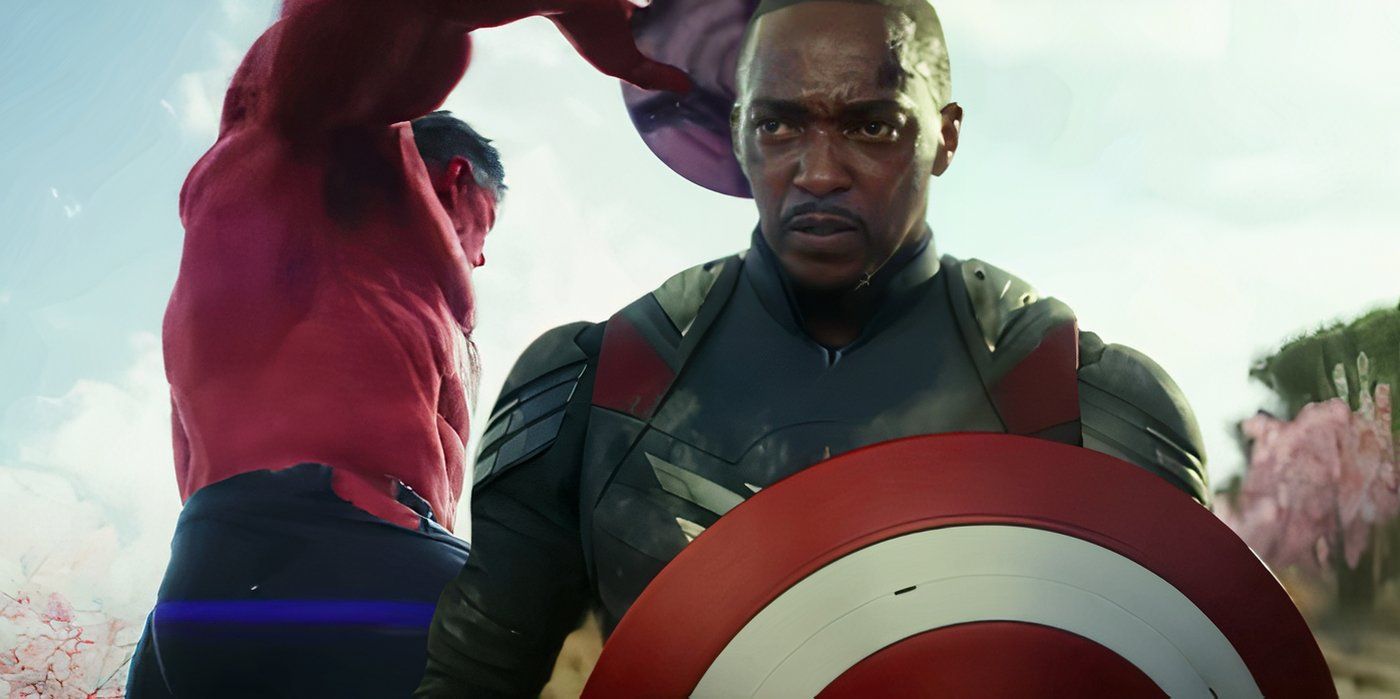Warning! Spoilers ahead for Undead Unluck chapter 119!
The highly underrated Shonen Jump series Undead Unluck is completely redefining the meaning behind what powers can represent in manga. Although characters with powers are not proprietary to manga and especially not shonen, mangaka can be rightfully celebrated for expanding upon the same principles pioneered in earlier comics such as DC’s Superman where special powers can signify more than just supernatural phenomena.
In shonen, mangaka have been exploring innovative new avenues to construct metaphors out of their characters’ powers to visualize abstract ideas or to mirror certain situations in real life that readers can identify with. In My Hero Academia, mangaka Kohei Horikoshi created the concept of Quirk Marriages that brings to mind regular inherited traits. Jujutsu Kaisen‘s cursed energy is used to illustrate the dynamic of “fighting fire with fire.” Magic in Black Clover serves as a signification of how adopted children like Yuno can view their biological and adopted parents. Now Undead Unluck is delving into another intangible dynamic.
In chapter 119 of Undead Unluck by mangaka Yoshifumi Totsuka, the tragic villain turned hero Mr. Billy reveals the true purpose behind his own Negator powers, which are abilities that negate the rules of Undead Unluck‘s universe and that are characteristically represented with the prefix “un-.” Mr. Billy’s power is called Unfair, and it negates the rule of fairness. And what’s not fair about his power is that Mr. Billy can only assume the abilities of those who view him as a threat. That’s why he lies to the many heroes fighting in the current battle in chapter 119 of Undead Unluck so he can use their powers at the last second against their enemy.
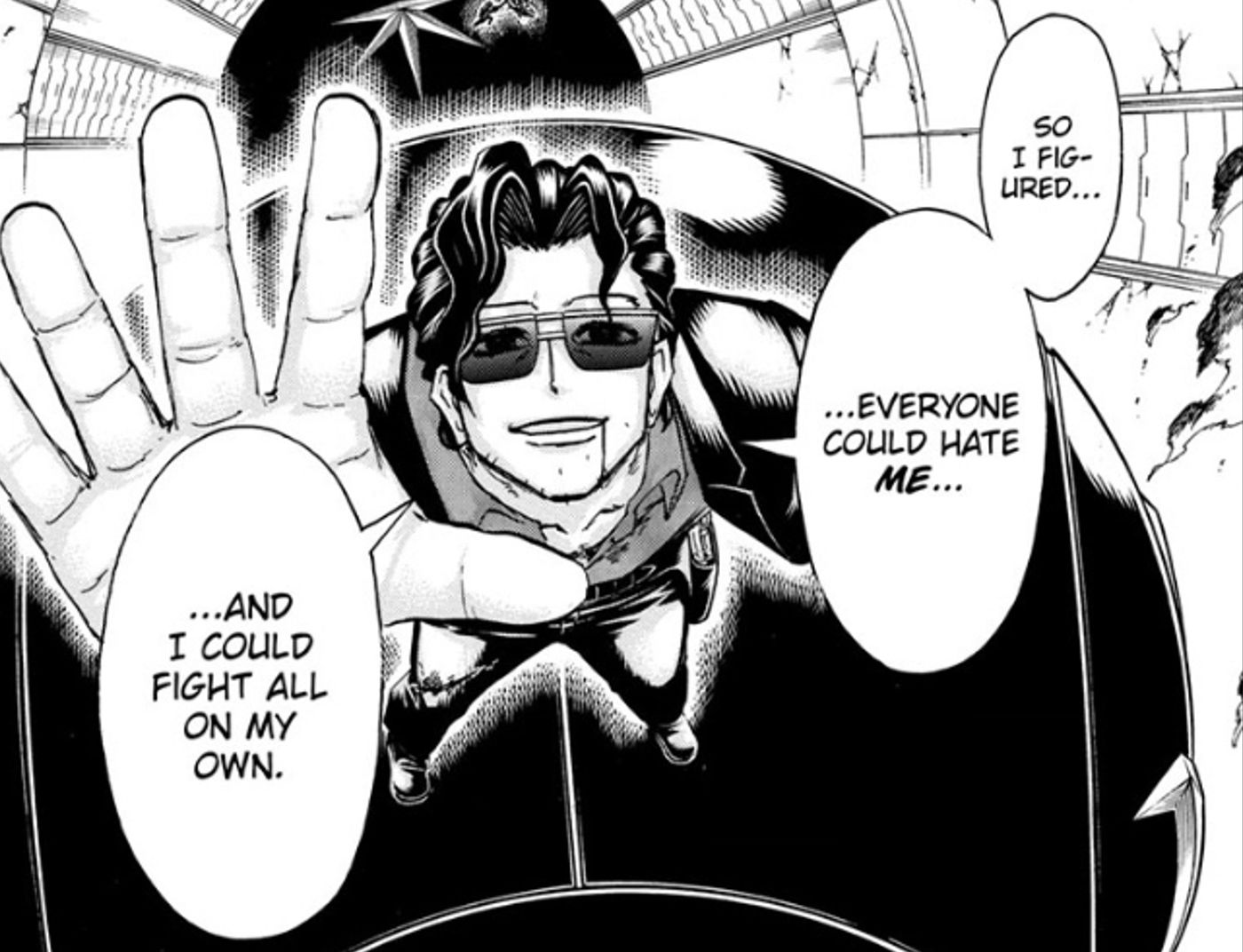
But Mr. Billy’s deceit goes deeper than that. Earlier in the manga, Mr. Billy was one of the minor heroes of the Union who did very little and was only mentioned in passing, so readers didn’t really pay attention to him. But Mr. Billy then suddenly betrayed everyone and turned out to be the mastermind behind the Union’s rival group, Under. When he turned traitor, Mr. Billy began utilizing his then-unidentified Negator ability, which looked like it only allowed Mr. Billy to steal other abilities. But because readers and even the heroes of the Union didn’t know that it actually negated fairness in regards to Mr. Billy himself, they didn’t know that he was only able to wield other Negators’ powers because he made them view him as a threat. Mr. Billy wanted them to perceive him in such a negative way because he felt that he was the only one who could save their world and that he had no choice but to shoulder the burden of playing the villain so he could protect them.
By making Mr. Billy’s power-stealing ability contingent on other people viewing him as a threat and thus forcing him to lie to them, mangaka Yoshifumi Totsuka visually represents a common trope in fiction where a character is forced to make themselves the scapegoat to help those they care about, even if the people they’re helping hate them as a result. To tie back to DC, Batman does this at the end of Christopher Nolan’s film The Dark Knight. While many other Shonen Jump manga such as Jujutsu Kaisen, My Hero Academia and Black Clover employ powers similarly to Undead Unluck, there hasn’t been one that so successfully conveys the phenomenon of a character making others whom they care for think negatively about them for their own benefit.
Next: Undead Unluck’s Biggest Manga Flaw Will Make It the Perfect Anime

